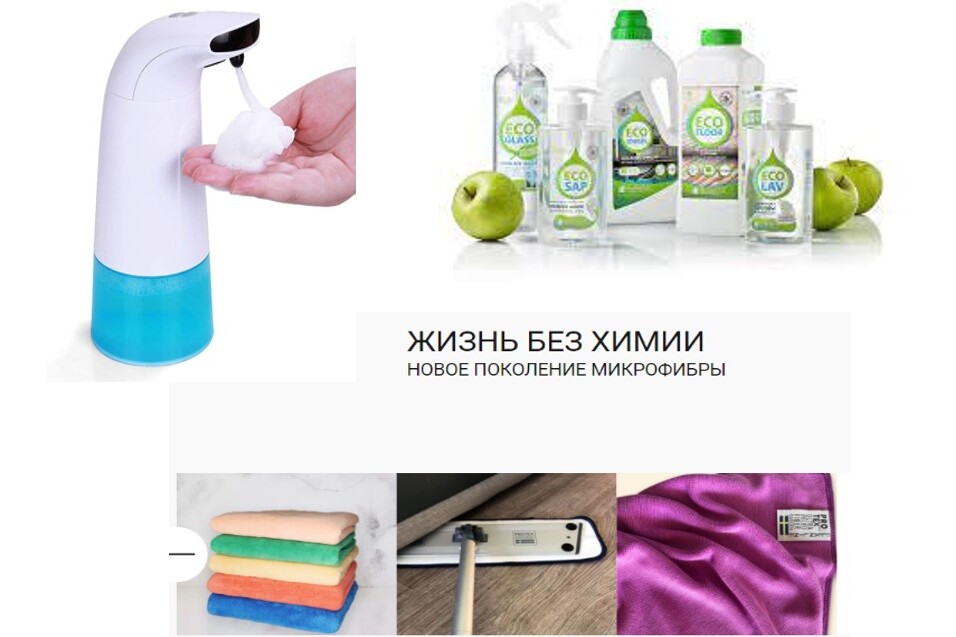
HoReCa businesses use various non-food materials in their practice, including detergents and cleaning chemicals. All these materials have an impact on the environment throughout their entire life cycle. Therefore, reduced consumption of these materials will be encouraged. It will also help reduce the cost of the business.
You can make environmentally friendly and economical approaches to the use of cleaning chemicals a formal policy for your hotel/restaurant. You need to familiarize all staff with this policy, not just cleaning staff.
You can start by choosing eco-labeled chemicals. Cleaning agents should be used only when necessary and the dosage should be strictly observed.
Investigate the availability of environmentally friendly products on the market and compare their environmental performance. Periodically study the market for cleaning products and keep comparing. If there are not enough good (in terms of environmental performance) cleaning products on the market, you can consider ordering online from neighboring countries.
Educate your employees on the more economical use of cleaning products, explain their impact on health and the environment. Use environmentally friendly products to clean rooms and common areas.
You can introduce effective cleaning methods that minimize the use of cleaning agents. For example, the use of microfiber cloths does not require the use of additional cleaning agents when cleaning furniture, floors, and glasses.
Avoid cleaning products that may be hazardous to human health. Overexposure may pose a hazard to the following chemicals: perchlorethylene (PERC), formaldehyde, 2-butoxyethanol, ammonia, sodium hydroxide, chlorine.
For handwashing, you can use foam dispensers rather than liquid soap, minimizing soap consumption.
Check the use of cleaning products periodically to ensure that your instructions are being followed.